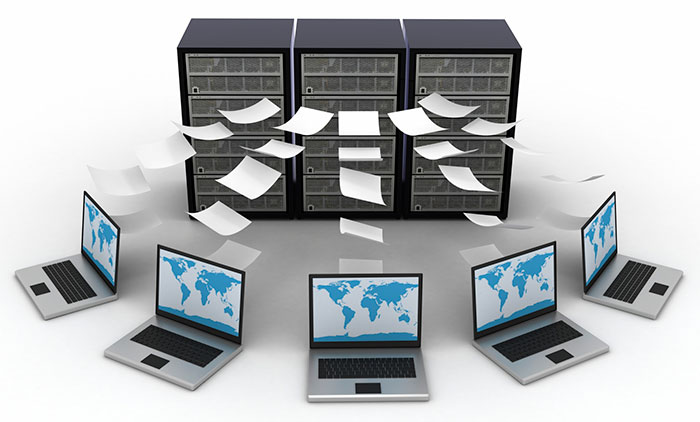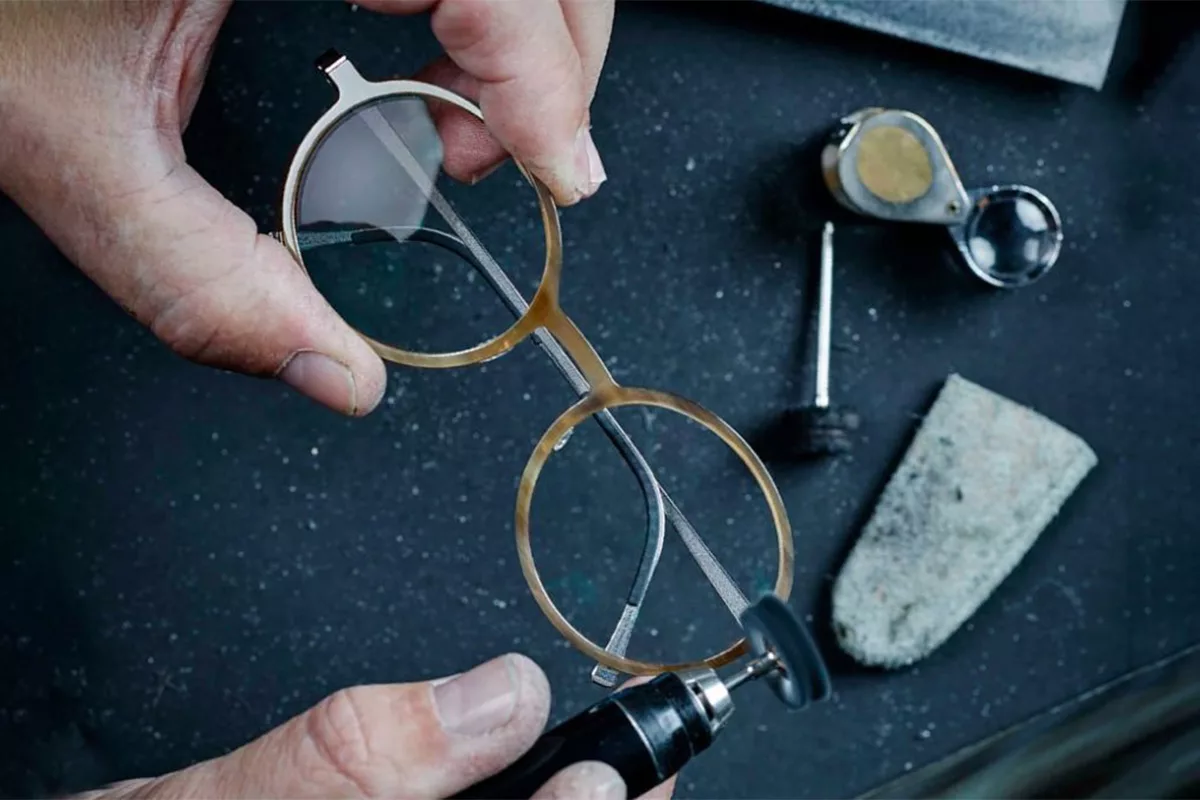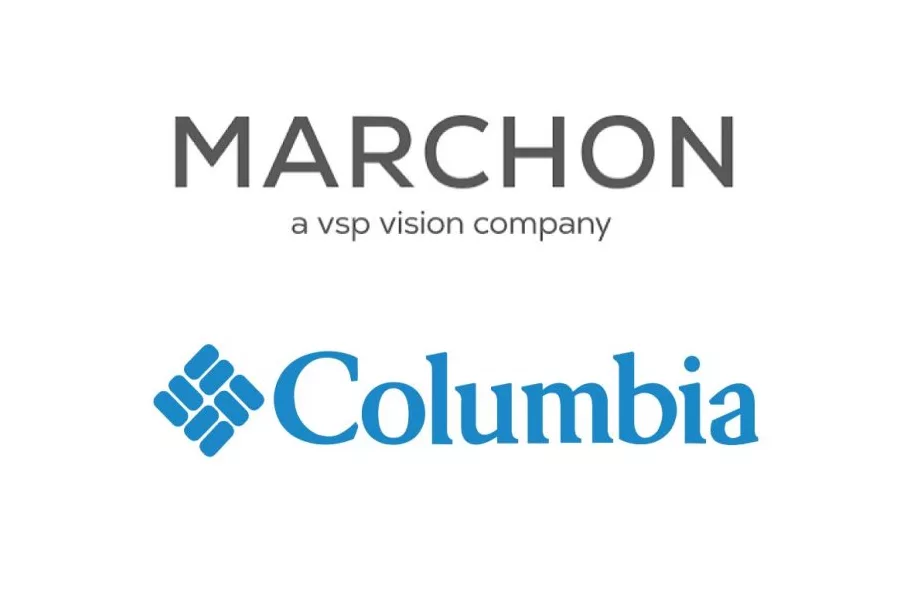You know that feeling of working on an important spreadsheet, word processing document, or even digital advertisement, only to lose it all when the electricity goes out or your computer locks up for some strange reason?
Anger and frustration are just a few of the nice words I can print here about the feeling of losing hours worth of work in the blink of an eye.
Ever have a customer run into your practice in a panic because they lost their only pair of eyeglasses and need someone now? The first statement out of your mouth is “Sure, I would be happy to sell you a new pair of eyeglasses.” The second is “You should always have a backup pair of eyeglasses, so let’s look at multiple frames.” We are always trying to get our customers or patients to buy that second pair.
What about you though? Yes, I know, you probably have a dozen pair of eyeglasses. You are after all in the optical business. I was thinking about your computer files. I am amazed at how many people operate their practice with a computer system you purchased half dozen years ago on sale and expect it to keep up with all the demands you place upon it.
I had this discussion more than once with a number of eye care professionals who couldn’t understand why the computers they bought almost 10 year earlier were in desperate need to be replaced. One client’s argument was that he owned cars far older than those computers that worked perfectly fine. So I made him a bet. He could purchase any car he wanted. I wasn’t going to put restrictions on the type of vehicle as he did on the purchase price of the computers.
The caveat was that he let 8 employees drive that car 10-12 hours a day every day of the week with no more service than gasoline and regular oil changes and tell me what condition that car would be in just one year later compared to the computers that faced the same use over the last 10. He of course declined my invitation. He did however purchase new computers not long afterwards.
As we become ever more digitized in this world, digitizing our medical records, our sales records, our payroll, our inventory, our advertising, and so on, we are becoming ever more reliant on our computers. How do you feel when you lose you cell phone or when your computer doesn’t turn on? Lost, I’m sure. How would you feel if any of all of your electronic records disappeared overnight? Devastated!
At the beginning of this piece I referenced losing just a few hours worth of work. Now imagine losing a few years worth of data. If you aren’t taking precautions in protecting your data and backing that data up, you are asking for trouble. Every hard drive will fail and everything on it lost……..eventually, Will it happen today? Tomorrow? Next week? Next year? How much of a gambler are you and how much are you willing to bet the future of your practice on a $100 piece of mass produced hardware?
Redundancy is the first key to success. Think of it this way. Nature has chosen to give us two eyes, when one would probably do. I would suggest redundant hard drives in your server or main computer. My main computer has two SSD drives for Window running in a RAID (Redundant Array of Independent Disks). If one dies, the information is on the second. All I need do is plug in a new drive and the system will copy my Windows files to the new drive automatically.
I even have that 3rd hard drive on a shelf not far from me, ready to be installed, just in case. I also have a RAID setup for my data files. Every article I write, every email I send or receive, every piece of artwork I download or create is stored concurrently on two hard drives.
You ask how much this all costs? It’s all actually pretty affordable. The cost of the two extra disks for my RAID was about $160 each. The cost of backing up my data files to a cloud storage system runs me around $100 a year. All in all, having redundant systems and a good backup plan is not all that expensive. I could come to work tomorrow and my office building could somehow disappear and I can find every business file I store on my computer from any computer, anywhere with an internet connection. That’s peace of mind.
In addition to the RAIDs setup on my computer, I subscribe to an online backup service. There are a number of services where you may backup your important files, many for free. The free services however are all manual, meaning you must pick and choose what you back up and when.
Those cloud services include Google’s Drive which gives you 15GB of space at no charge. Apple’s iCloud gives you 5GB free. Microsoft’s SkyDrive gives you 7GB. You can also choose from our two favorites, Dropbox who gives you 2GB free and will give you more free space depending on referrals, or Box.net who gives you 5Gb free. All of these services have very reasonable upgrade plans for more space. With services such as Dropbox and Box you are able to share folders with others, so you can invite collaborators on some projects while keeping other data a bit more private.
For true backup and protection of your data, we choose and recommend an automated service that will backup your files all day long, day in and day out. Two of the more popular sites are Mozy and Carbonite. Mozy offers 50Gb of storage for $5.99 a month and Carbonite offers online backup service for as low as $59.99 a year. With these services, you install a small piece of software onto your computer and the service will continually backup your data. You can also access that data on your tablet, smartphone, or even a remote computer should you choose.
Keep in mind that none of these services encrypt your files. In the United States and in European countries, patient data is required to be protected, hence encrypted. Other countries are not as rigid about storage of patient data. Using encrypted storage will protect your data from prying eyes, and of course will cost a bit more.
Norton offers 25GB of encrypted storage starting at $50 a year. McAfee offers encrypted online backup for $60 a year. Mozy and Carbonite offers 250 GB of business level US HIPAA compatible (Health Insurance Portability and Accountability Act) encrypted storage for $230 a year. These are all still a fraction of the cost of trying to rebuild patient data lost because of hardware failure.
There is also software failure. Viruses, Trojans, Malware, and yes, even hackers effort to destroy or infect your data. In this day and age, running a computer without anti-virus and anti-spyware software is not only dangerous, but negligent. These programs costs pennies a day and help provide protection from every day online attacks. No excuses. Yes, even Macs can get viruses.
Now, these programs, as good as they are, cannot and will not protect you from anything and everything. Smart web-surfing is everyone’s responsibility. Do not open attachments from people you don’t know, Do not click on links that don’t match their source. Most importantly, keep your recreational surfing away from your business computers. As much as someone on your staff might want to check out hotnakedgirlswithglasses.com (not a real website) they have no business doing so on your time or your computers.
You have spent a good deal of money on your business computers and the software you choose to run on those computers. In addition you (and your staff) have spent hundreds of hours adding information to those computer(s). That data is valuable. That data can help you determine who your customers and patients are and how to better serve them. That data can be used to not only save you money, but make you money. Are you truly willing to see all that information disappear in a puff of smoke because you are too cheap and too stubborn to spend a few hundred dollars protecting and backing up that data?
– Daniel Feldman, is a co-founder and Managing Partner of the Visionaries Group an optical consulting firm specializing in helping eye care practices achieve success at visionariesgroup.com or on Facebook.















